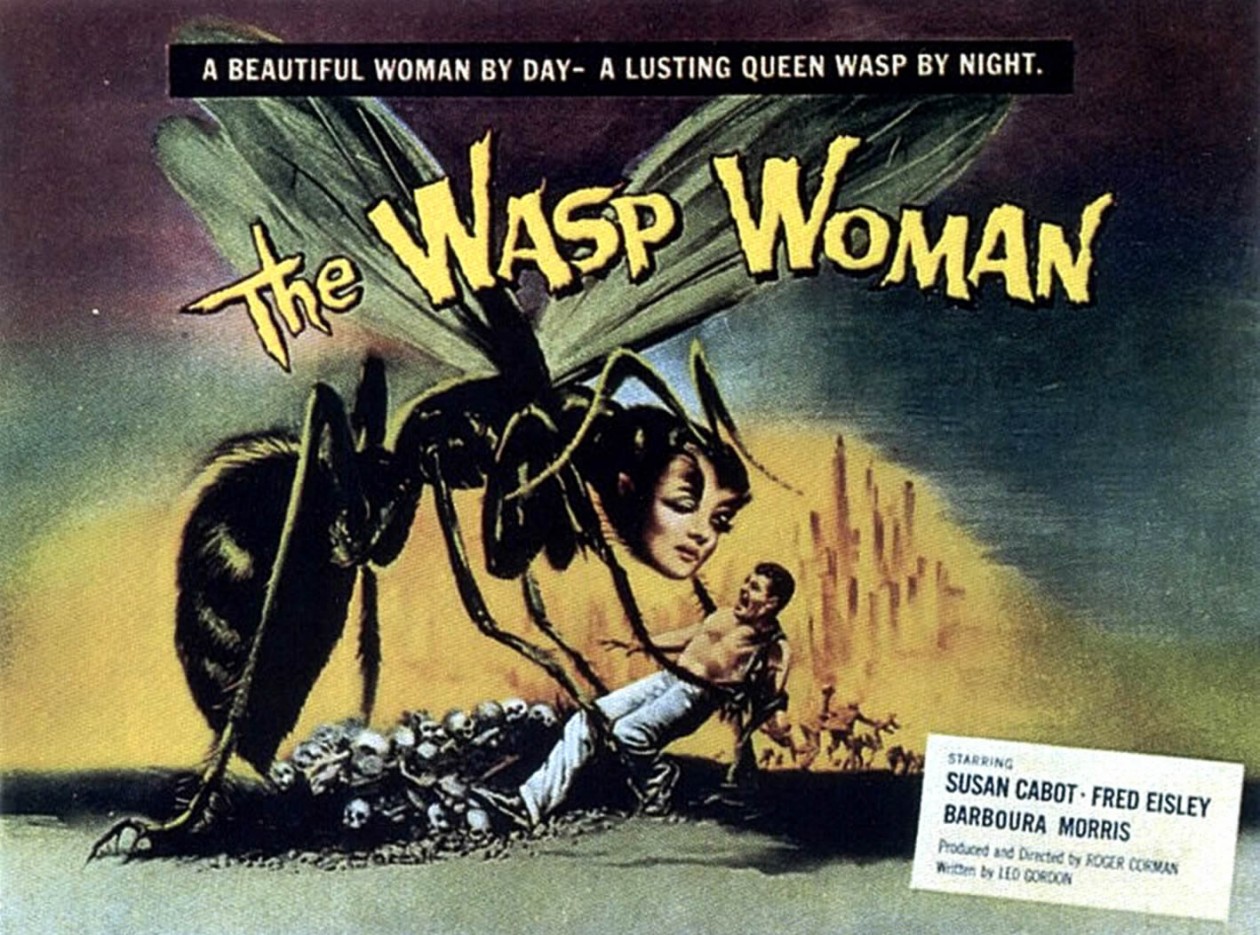Something that I thought was especially interesting was the dichotomy between being a mother and being a performer. Not only do we see the difference between these two roles by the way that Helen Faraday/Jones (Marlene Dietrich) dresses, but also there are explicit examples in the dialog that demonstrate the highly different roles of each occupation that Helen Faraday plays. The costuming is very intentional, as we see that when Helen is a mother her garb is appropriate for cleaning a house, where as her garb for performing is highly sexualized. To emphasize this point, there is also a moment where Helen denies being a mother when she is asked if the picture of the boy on her vanity is her son. Even her first husband can’t stand the idea of the mother of his child going back to work–especially if that work is as sexualized as dancing. I think it is worth noting that in both instances these are men, not women, questioning her work role.
In conjunction with the reading, I think it would be interesting to explore the scene in which Helen bathes her son while wearing one of her cabaret dresses. The fusion between a home environment and performance costume definitely makes a statement about Helen’s transcendence from the contrast as a mother and performer in this film.
The negativity towards the single mother is another theme that I saw throughout the film. It seems that when Helen is not with a man she is more suspect to committing crime, impoverished, and accused of being a bad care-taker. When contrasted with the way her life is depicted as comfortable when she is with a man, the audience can’t help but assume that her flaws exist in the fact that she is taking care of a child by herself. There was a quote specifically targeted towards Helen in the film that called out her mothering skills during the period of time she was a single mother. This line was spoken at one point, “a woman that lives a life like yours is unsuitable to take care of a child.” As much as there are examples of Helen’s perseverance and strength while taking care of her child alone, it can’t be overlooked that the men (or the authority figures) in this film seem to think she is incapable of being a single mother.
